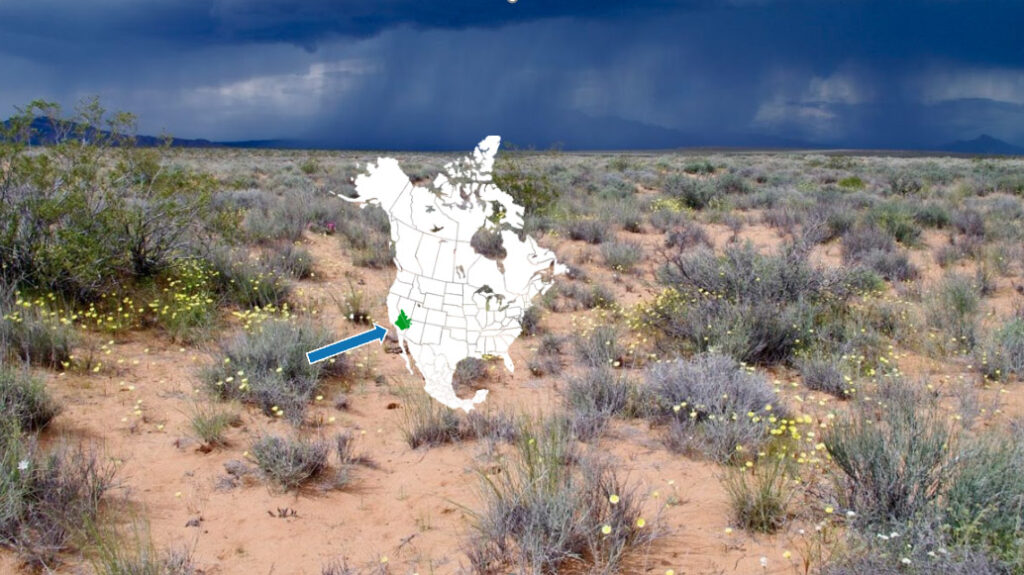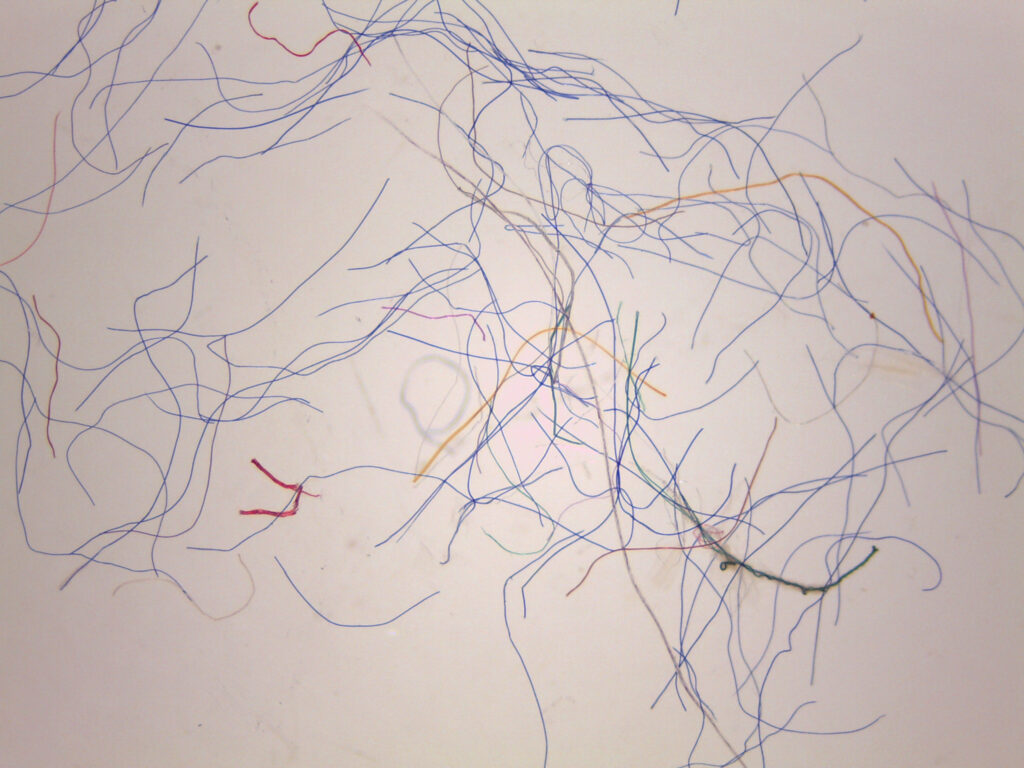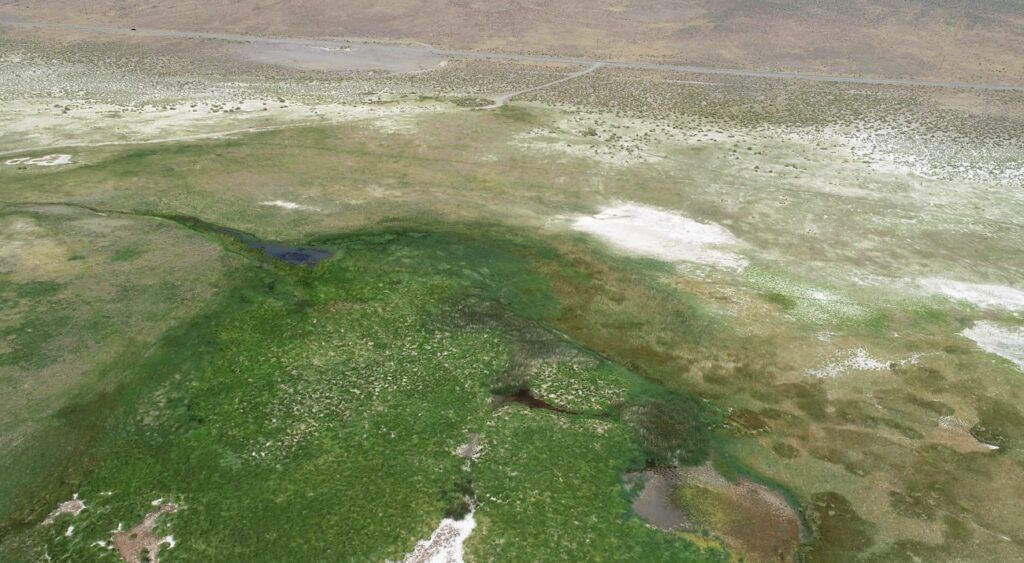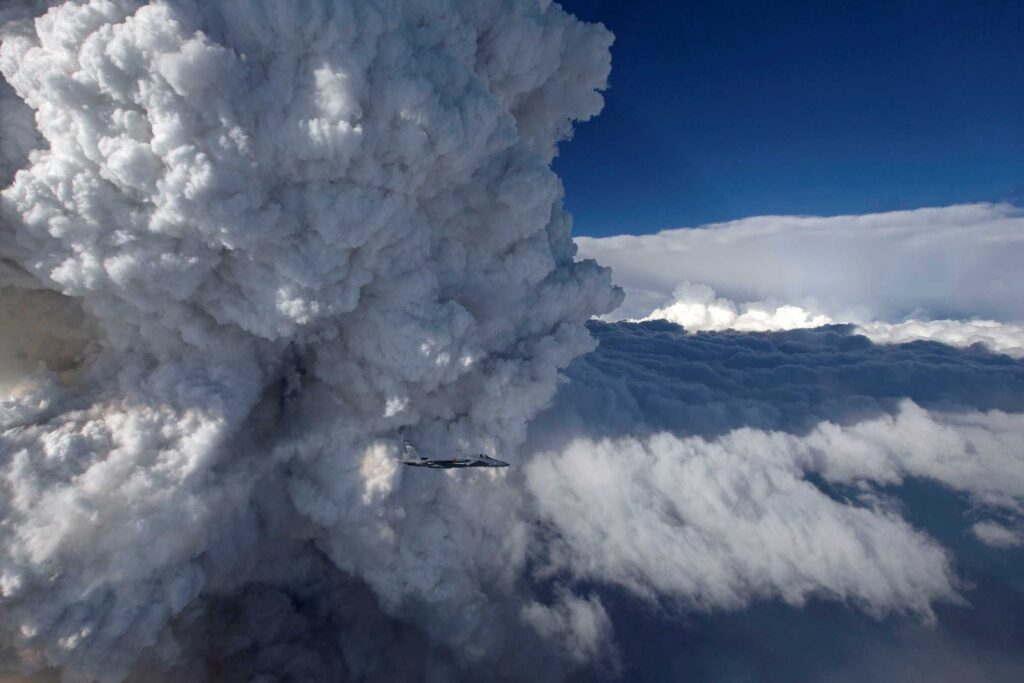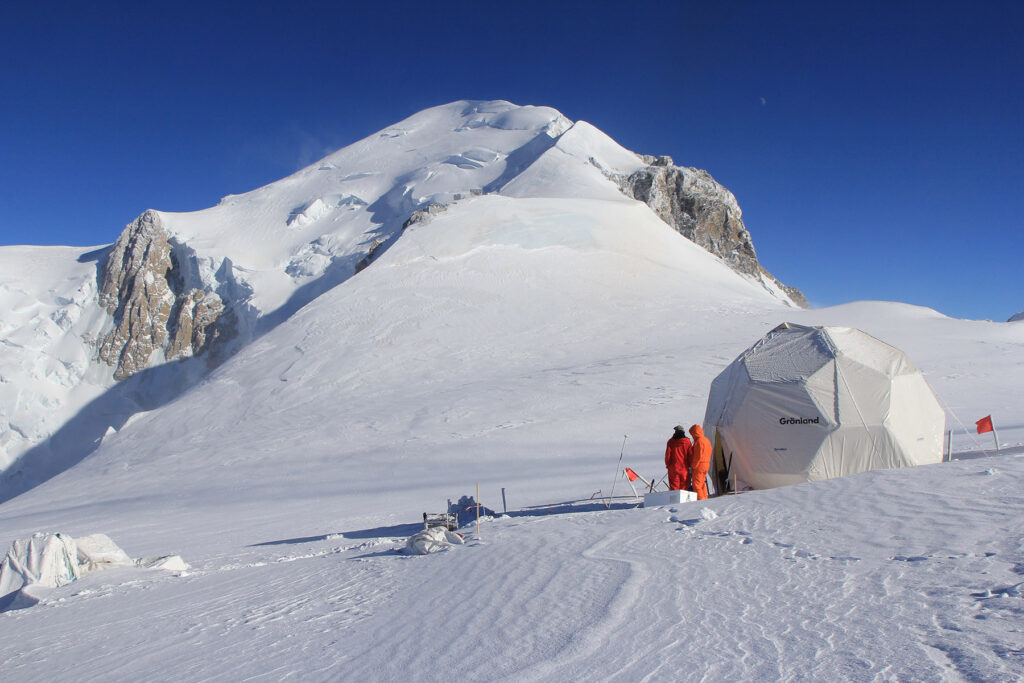A Rare Desert Plant Shows Benefits of Sustainability Efforts at a Large Solar Array in the Mojave Desert
Although sunlight is one of the cleanest forms of renewable energy available, clearing large swathes of desert habitat to build solar arrays has consequences for the plants and animals it displaces. Researchers are trying to find better ways to preserve desert landscapes without impeding solar energy development. Now, a new study demonstrates that with careful planning and consideration for the ecosystem around it, at least one desert plant is surviving — and thriving — amidst the solar panels helping to power Las Vegas.
